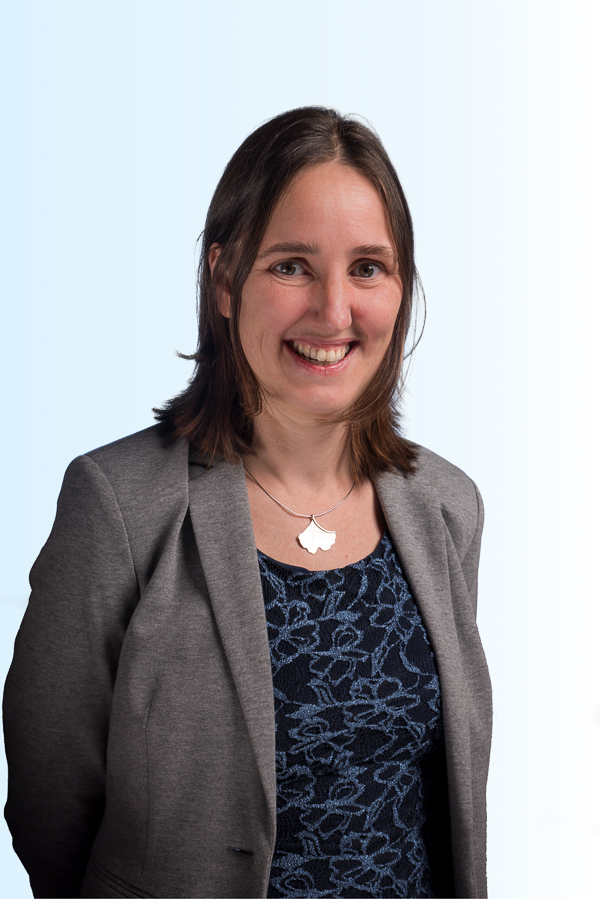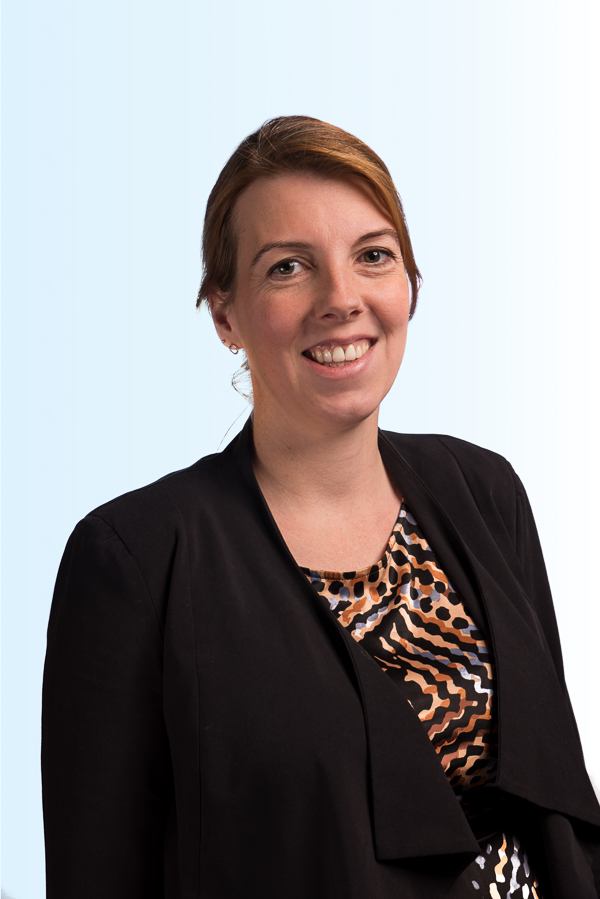Join us for an insightful webinar featuring Dr. Michael Gautreaux, Professor and HLA Director at the Atrium Health Wake Forest HLA/Immunogenetics Laboratory. Dr. Gautreaux will share his lab’s experience in validating NGS-Turbo and key insights from the process.
Following his presentation, our Product Portfolio Manager, Inge van Rooy, will introduce exciting updates to NGS-Turbo and what they mean for you.
We’ll conclude with an interactive Q&A session, where you’ll have the opportunity to engage directly with our speakers. Don’t miss this chance to gain valuable knowledge and get your questions answered.
Attend the webinar and receive 0.15 continuing education credits (CECs).













